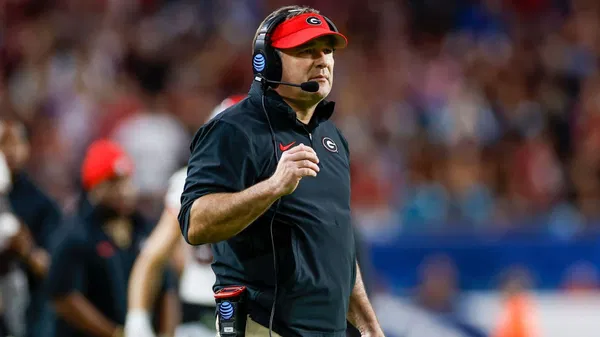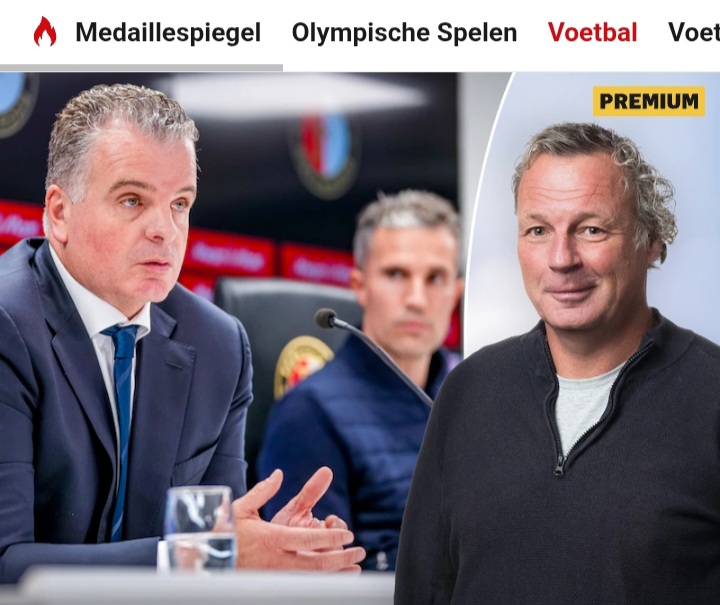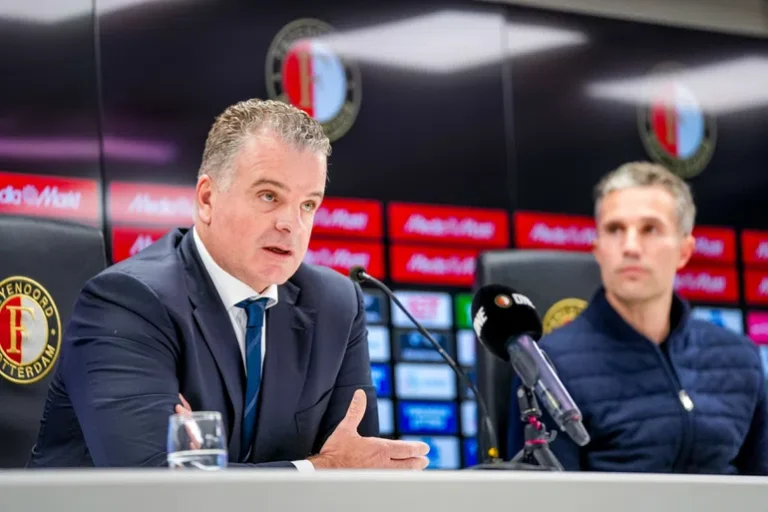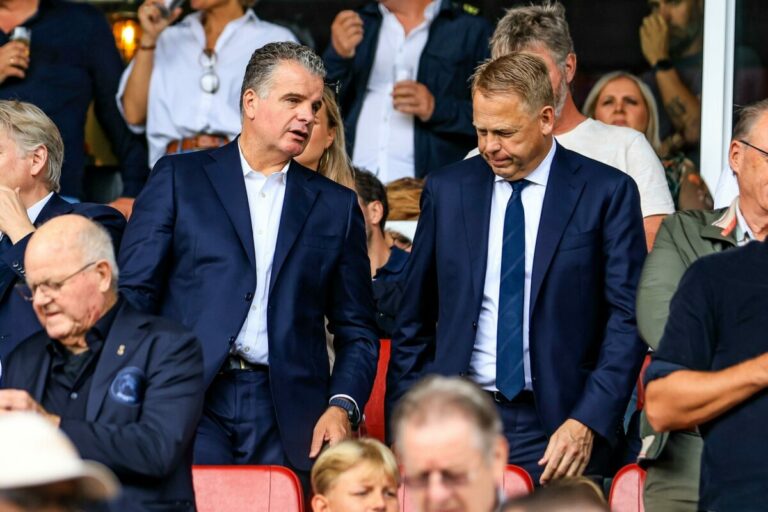
Georgia Bulldogs head coach Kirby Smart has recently provided insights into his vision for the future of college football, particularly in light of the evolving landscape shaped by Name, Image, and Likeness (NIL) deals and the transfer portal. In a recent interview, Smart expressed concerns about the potential impact of NIL on the infrastructure of college football programs. He noted that while some schools may have the resources to invest in both player compensation and essential support services like nutrition, academics, and strength training, others might have to make difficult choices, potentially compromising the overall student-athlete experience.
Smart’s remarks highlight the challenges that programs may face in balancing financial incentives for players with maintaining the quality of support services that contribute to athlete development and well-being. He emphasized that neglecting infrastructure could lead to a diminished experience for student-athletes, as they might have to seek out and fund these services independently.
In addition to discussing the broader implications of NIL, Smart has been active on the recruiting front. Georgia recently secured a commitment from four-star cornerback Justice Fitzpatrick, the younger brother of NFL standout Minkah Fitzpatrick. This addition reflects Smart’s ongoing efforts to strengthen the Bulldogs’ roster and maintain their competitive edge.
Smart also addressed the future of college football’s spring games, expressing a desire to retain the traditional format while remaining open to adjustments based on team needs and circumstances. He acknowledged that while some programs are moving away from traditional spring games, he values the opportunity they provide for player development and fan engagement.
Furthermore, Smart has voiced his opinions on the transfer portal, identifying it as a significant factor influencing the future of college football. He highlighted the need for thoughtful regulation to ensure that the portal serves the best interests of student-athletes and programs alike.
As the landscape of college football continues to evolve, Smart’s perspectives offer valuable insights into the challenges and opportunities that lie ahead. His commitment to balancing player compensation with the preservation of essential support structures underscores the complexities that programs must navigate in this new era.






